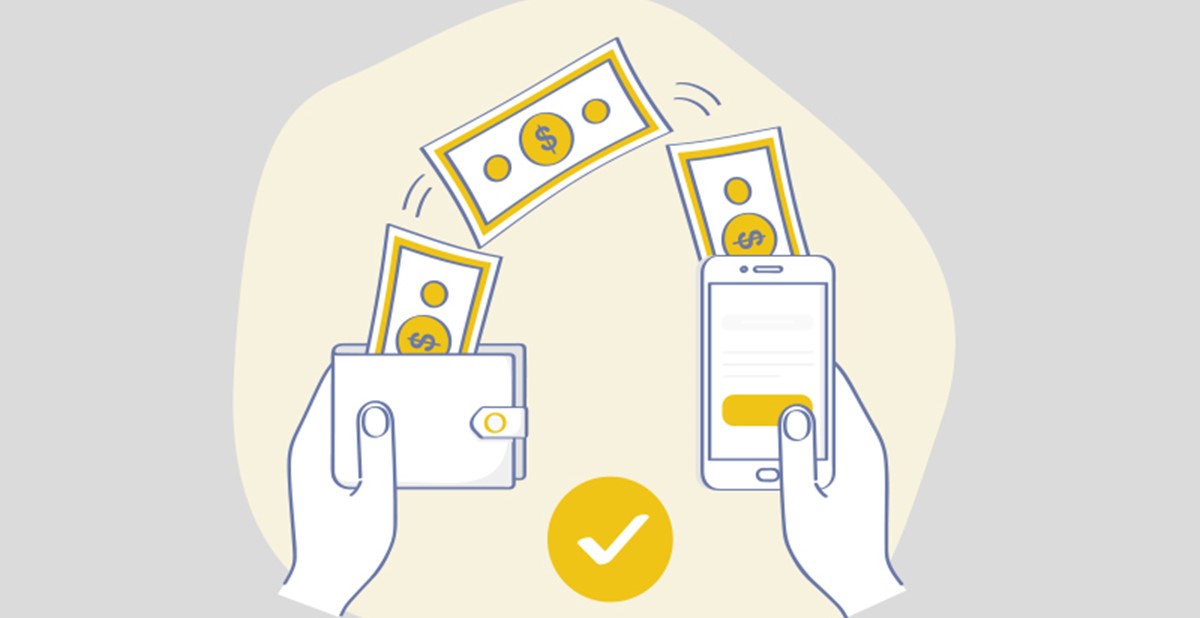Market Share: Verizon Donates Up To $5 Million To Help Small Businesses

In March, when nearly all Americans were urged to stay home and practice social distancing, Verizon offered a space for people to come together to support small businesses in the U.S. that have been affected by COVID-19. The international telecommunications corporation partnered with Twitter’s Live Brand Studio to launch Verizon PayItForward LIVE, a social media campaign shared using the hash tag #PayItForwardLIVE to inspire action through live entertainment. The initiative was an eight-week livestream series running on Tuesdays and Thursdays that featured entertainers, musicians and gamers for a 30-minute “concert” with the goal of supporting small businesses. Throughout, participants were encouraged to tag their own local businesses and purchase online orders and gift cards to support them during the pandemic.
The series kicked off on March 26 with a debut performance by Dave Matthews of the Dave Matthews Band, who performed three songs—Save Me, Grey Street and Shadows On The Wall—from his living room. Performing at later dates were country music singer-songwriter and American Idol judge Luke Bryan; 15-time Grammy-winner Alicia Keys; Ryan Tedder, lead singer of OneRepublic; electronic music producer Marshmello; Hunter Pence of the San Francisco Giants; professional League of Legends player for Digitas Tanner “Damonte” Damonte, and professional esports gamers Nate Hill, FaZe Cizzorz and Pokimane.
Verizon donated $2.5 million to Local Initiatives Support Corporation (LISC), a national nonprofit focused on community development. The LISC pledged to use the donation to provide grants of up to $10,000 to businesses that were struggling, with a focus on minority-owned businesses, women-owned businesses and startups in disadvantaged communities. To receive the grant, small businesses were required to submit applications through LISC, which were then entered into a lottery system. Verizon also pledged to donate $10 for every time the hash tag #PayitForwardLIVE was used on Twitter, Yahoo, Facebook and YouTube during the campaign, for up to $2.5 million.
Verizon’s success in this campaign was three-fold. The company met end users where they were—at home; it provided entertainment via social media—a go-to source of amusement for many end users during the coronavirus stay-at-home order; and it influenced interactions and impressions that helped small businesses, showing that Verizon cares about them and aiding in their recovery. In addition to the up to $5 million donated to the cause, Verizon also won in terms of brand impression. After the nation’s economy recovers from COVID-19, consumers will likely recall Verizon’s efforts to help small businesses, which may influence them to become customers or keep doing business with the company.
–––––––––––––––––––––––––––––––––––––––––––––––––––––––––––
Danielle Renda is associate editor of PPB.

